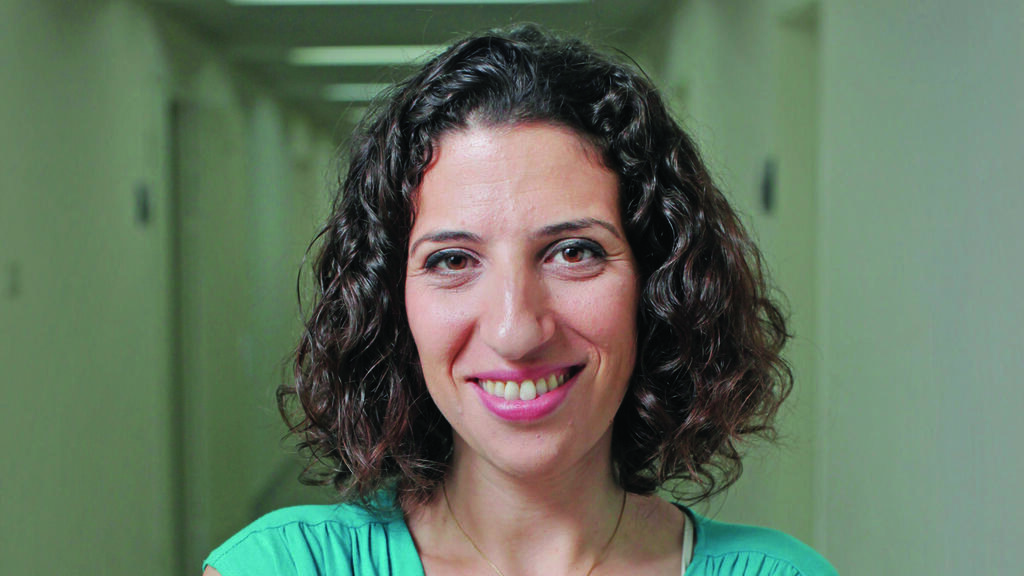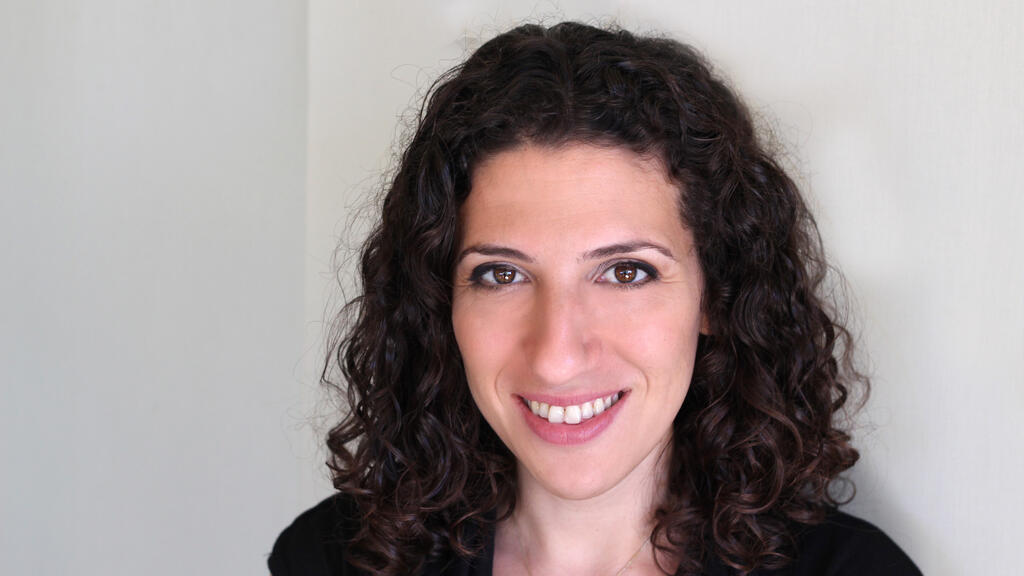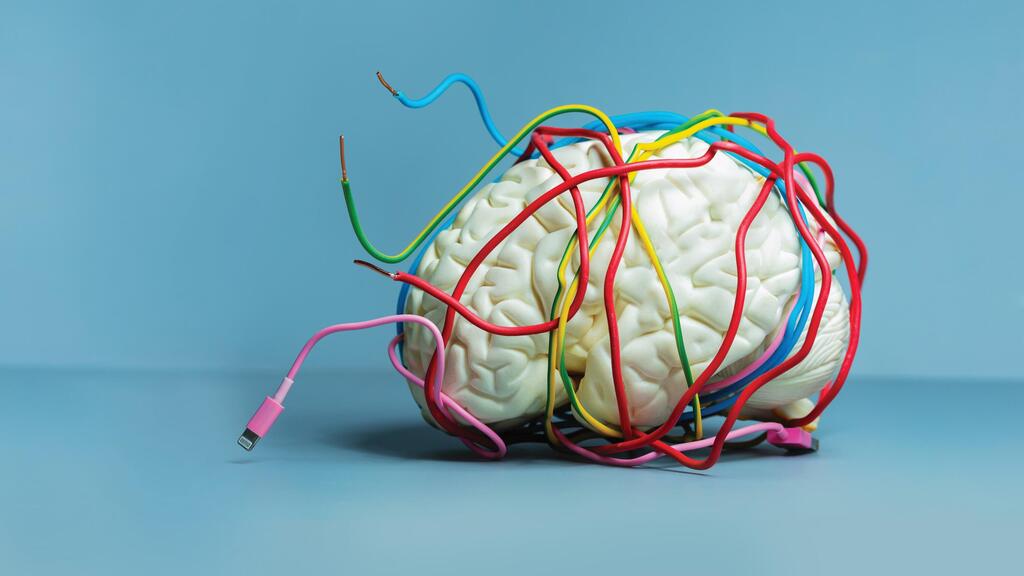Prof. Liad Mudrik, an Israeli neuroscientist from the Tel Aviv University, has won a research grant given by the EU amounting to €1.5 million.
Mudrik, who is currently residing in the U.S. on sabbatical, received an email announcing she received the grant shortly after her arrival.
She will be researching Personalizing the Unconscious: a Cognitive, Neural and Developmental Investigation.
“I woke up early because I had to leave for an academic conference,” Modrik says. “Then I saw a message from a friend telling me the grant results were in. I opened my mail and saw some messages, both from the grand committee and the university – which was congratulating me. I had to take a few deep breaths to calm down,” Mudrik says.
“I woke up my partner, Guy, and the kids and made a pile of waffles because I wanted to celebrate with them before I left. Then I told my parents and my family and friends in Israel,” she says.
“It’s a very happy occasion, it’s a goal we’ve been working towards, for months because we had not received the grant last time, as the competition is fierce. You need to pass two stages, with the second being an interview with a panel of the best researchers in the field.”
Modrik thought she did not do well. "When I left, I thought about what I should have said differently, so it was a very happy surprise for me. Beyond the feeling of achievement, I’m even happier that I’ll be able to begin my research.”
“We want to study the link between conscious processing, where we consciously understand a stimulus presented to us, and unconscious processing, where we don’t notice the stimulus, but still process its characteristics and could change our behavior, as a result,” Mudrik explains.
“I hope the research will lead to further understanding about what effect our consciousness has and our ability to process information without being aware of it,” she says.
“It’s an interesting field. We need to uncover processes we are unaware of, in order to understand how we think and act. Researchers have been trying to understand this since Freud, although unlike him, we’re researching how our brains process stimuli and not the stimuli itself, which Freud did.”
Mudrik says the grant money will enable her to pay for research staff, equipment and subjects who will participate in the study.
“The research is, first of all, ‘basic science’, to help us understand a phenomenon. but it could have effects on the way we teach others and the way we perform different tasks," she says.
Mudrik says she fell in love with the field of neuroscience immediately. "The brain doesn’t only operate our body and keeps up alive, it also creates the reality we live in, translates external stimulus into electric signals, and makes them into sight, smell, flavor and complex emotions,” she says.
“I think it is the biggest riddle facing us: how does the brain do what it does and what mechanisms are behind these processes. These questions make me restless, and I enjoy every moment when tackling them, especially with the students in my lab,” she says.
Mudrik's professional life could have taken a different track. She served in the military as a journalist for Army Radio and continued to produce and present programming while embarking on her academic pursuits.
“It’s true my main career today is in academics, but I didn’t give up on radio. I still host a show on the Army Radio. I had the privilege to host a podcast where we dove into letters written by key figures in Israel’s history and culture,” she says.
She says both fields require story telling. I am committed to presenting the information clearly and believe that part of our jobs as researchers is to relay knowledge to the general public and my background as a journalist helps me do that.”
Despite a constant lack of sleep because of the demands of her job, Mudrik says she has come up against the gender gap as a woman in science.
"Some of my decisions, like initially turning down post-doctorate studies abroad out of consideration of my family's needs, is an example. “I’m glad I changed my mind and made use of the opportunity, she says. “I had wonderful colleges who didn’t treat me differently because I’m a woman, but there were also some comments. When I won my grant for my post-doctorate position there were people claiming the decision was to give the grant to a woman," she says.
"Being the only woman in a conference happened more than once, but there’s a good ratio between men and women in neuroscience today. In my field, though, there’s relatively a small number of women,” Mudrik says.
Some 29, other Israeli researchers received the grant from the EU, with 18 of them being women. “I was happy to learn that, of course, but gender gaps still exist, mainly in the number of women participating as tenured professors.”







